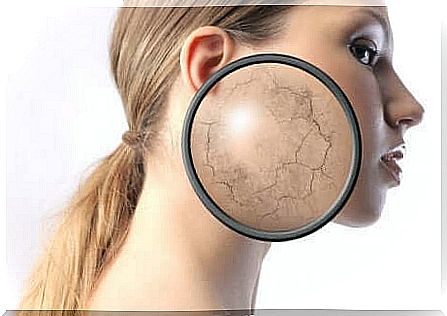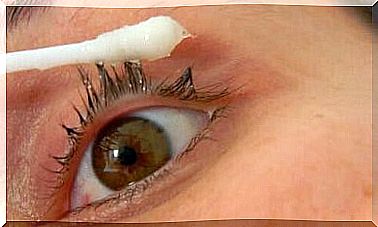6 Signs To Identify Thyroid Problems

It is not an easy task to identify thyroid problems as there are two different types of problems: hypothyroidism and hyperthyroidism. The former means that your thyroid gland is producing too few hormones, the latter that it is producing too much.
The thyroid is a gland that regulates your metabolism, among other things. It also participates in many of the body’s hormonal functions. These functions control, among other things:
- the heartbeat.
- the appetite.
- how quickly the body digests food.
Therefore, thyroid problems can change people’s health. Thyroid disorders are more common in women than in men, and most cases are in adults.
In fact, there are some symptoms that can indicate thyroid problems. However, when in doubt, always consult your doctor so that he can perform some tests if necessary.
How can thyroid problems be identified?
According to the Office of Women’s Health of the United States Department of Health and Human Services, there are a number of symptoms (Spanish link) that identify thyroid problems. We list them for you below.
1. Sudden gain or loss in weight
The thyroid largely determines how fast your metabolism works. This is done by making and secreting hormones. This knowledge can help you identify thyroid problems.
- If you suffer from hypothyroidism, there will be significant weight gain. This is because you are not making enough hormones to work normally.
- However, the opposite happens in hyperthyroidism. Usually there is sudden weight loss because too many hormones are being produced.
2. Exhaustion and mood swings

Thyroid problems can also affect your mood and available energy. Hypothyroidism can leave you feeling exhausted. Even if you have had enough sleep, you may feel depressed.
On the other hand, people who suffer from hyperthyroidism often feel irritable. They tend to feel more stressed and often have trouble falling asleep.
3. Neck Swelling
One of the most obvious symptoms to identify thyroid problems is a swelling in the neck. This is because the thyroid gland enlarges, which can cause discomfort or pain in the throat.
So if you notice any swelling in your neck, keep a close eye on it and take action if it doesn’t go away after a few days. Then visit your doctor.
4. Heart Rate Changes

The thyroid gland controls not only appetite and the rate at which calories are burned in the body, but also heart rate. It can be affected by thyroid problems. The changes depend on the type of condition, hypothyroidism or hyperthyroidism.
For example, there may be tachycardia or a slower heart rate than normal. This means that many alleged heart problems appear to be linked to a malfunctioning thyroid gland, as suggested by this study conducted by a team from the Las Condes Clinic (Chile).
5. Constipation
When less hormones are produced by the thyroid gland, certain bodily functions slow down. This happens, for example, with the digestive system. Your body does not absorb the nutrients very well. In addition, it often causes constipation. If there is hyperthyroidism, diarrhea can occur.
- Check out this article:
5 thyroid treatments you can do at home
6. Problems in other parts of the body

In addition, there are other signals that the body gives to identify thyroid problems. Common symptoms include:
- dry skin.
- brittle and easily tearing nails.
- sudden hair loss.
Some of the less visible symptoms are often feeling cold and pain and discomfort in muscles and joints. Menstrual disorders also occur in women.
See your doctor to identify thyroid problems
All of the symptoms listed above can be clues to identify thyroid problems. However, we always recommend going to the doctor. He can give you an exact diagnosis of the problem.
Remember, you can’t self-diagnose because you don’t have information and research methods. Not seeking advice from your doctor could cause you to become unnecessarily stressed.
Especially for women, it is advisable to undergo a hormonal check and to examine the thyroid gland with the doctor every 4 years. In this way, an early diagnosis of a possible thyroid problem is possible and the doctor can prescribe a treatment.









